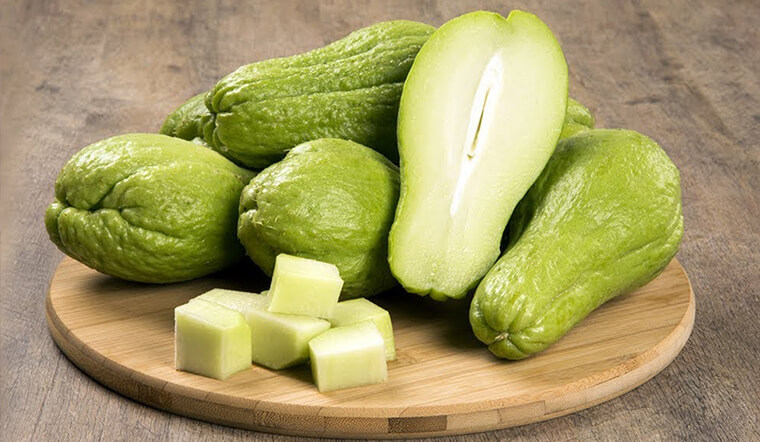Watermelon, a common fruit in the daily meals of Vietnamese people, has notable nutritional characteristics. On average, a 203g watermelon contains 2g of protein and 4g of fiber (equivalent to 14% of the daily fiber requirement). Furthermore, watermelon provides vitamins such as vitamin C, vitamin B9, vitamin K, vitamin B6, along with minerals such as manganese, copper, zinc, potassium, and magnesium.
Especially, watermelon benefits health because it is low in calories, low in fat, and low in sodium. Therefore, this fruit is considered to have many advantages for users.
Enhances blood sugar control
Watermelon, with its low carb content and high soluble fiber content, has the ability to regulate blood sugar levels.
The soluble fiber in watermelon helps slow down the digestion and absorption of carbohydrates, thereby reducing the post-meal sugar response. Additionally, watermelon supports the maintenance of stable blood sugar levels by enhancing the action of insulin. Insulin is a hormone that helps regulate blood sugar levels, and insulin resistance occurs when body cells become less sensitive to insulin, leading to prolonged elevated blood sugar levels and potentially diabetes.
Studies have indicated that the unique natural plant compounds in watermelon can enhance the effectiveness of insulin by inhibiting the activity of enzymes that interfere with blood sugar control and prevent type 2 diabetes.

Protects cardiovascular health
Eating watermelon can reduce the risk of cardiovascular diseases, including issues such as high blood pressure, high cholesterol, and improve poor blood circulation. Animal studies have shown that compounds in watermelon have the ability to relax blood vessels, thereby enhancing blood flow and reducing blood pressure.
In addition, myricetin – a rich antioxidant present in watermelon – is also recognized for its effectiveness in lowering cholesterol levels in the blood.
Enhances liver function
Fatty liver occurs when excess fat accumulates in the liver, which can impair liver function.
Laboratory and animal studies have shown that watermelon extracts have the ability to counteract the storage of excess fat in the liver, helping to prevent or possibly treat fatty liver disease.
In a specific experiment, mice fed a high-fat diet supplemented with watermelon extract showed significant reductions in cholesterol and fatty acids levels in the liver compared to the group that did not receive the extract. These results were linked to changes in the activity of enzymes involved in lipid metabolism.

Slows down the aging process
Studies suggest that consuming antioxidant-rich foods can slow down the aging process by protecting cells from damage caused by free radicals.
Watermelon contains high levels of antioxidants, including vitamin C.
Vitamin C not only acts as an antioxidant but is also essential for collagen production, an important protein for skin structure, helping maintain elasticity and a youthful appearance.
Therefore, supplementing with vitamin C-rich foods like watermelon can support the reduction of aging symptoms.
Additionally, a recent study published on CNN revealed that watermelon extract has the ability to protect the skin from harmful effects of UV radiation.
Supports a healthy digestive system
The digestive system plays a crucial role in performing various basic body functions, including detoxification, immune protection, food digestion, and nutrient absorption. According to Healthline, consuming a diet rich in fruits and vegetables, especially watermelon, can improve digestive system function.
Studies have shown that foods rich in flavonoids, such as watermelon, can support digestive enzymes in removing and excreting waste from the digestive system. Additionally, the fiber in watermelon can help maintain a balance of beneficial bacteria in the gut.

Aids in weight management
Low calorie content along with high fiber content are two key factors that help support maintaining a balanced body weight.
Each watermelon contains only 39 kcal and provides 4g of fiber. Fiber helps slow down the digestion process, prolonging the feeling of fullness, and helps reduce food intake, thus benefiting weight management.


































